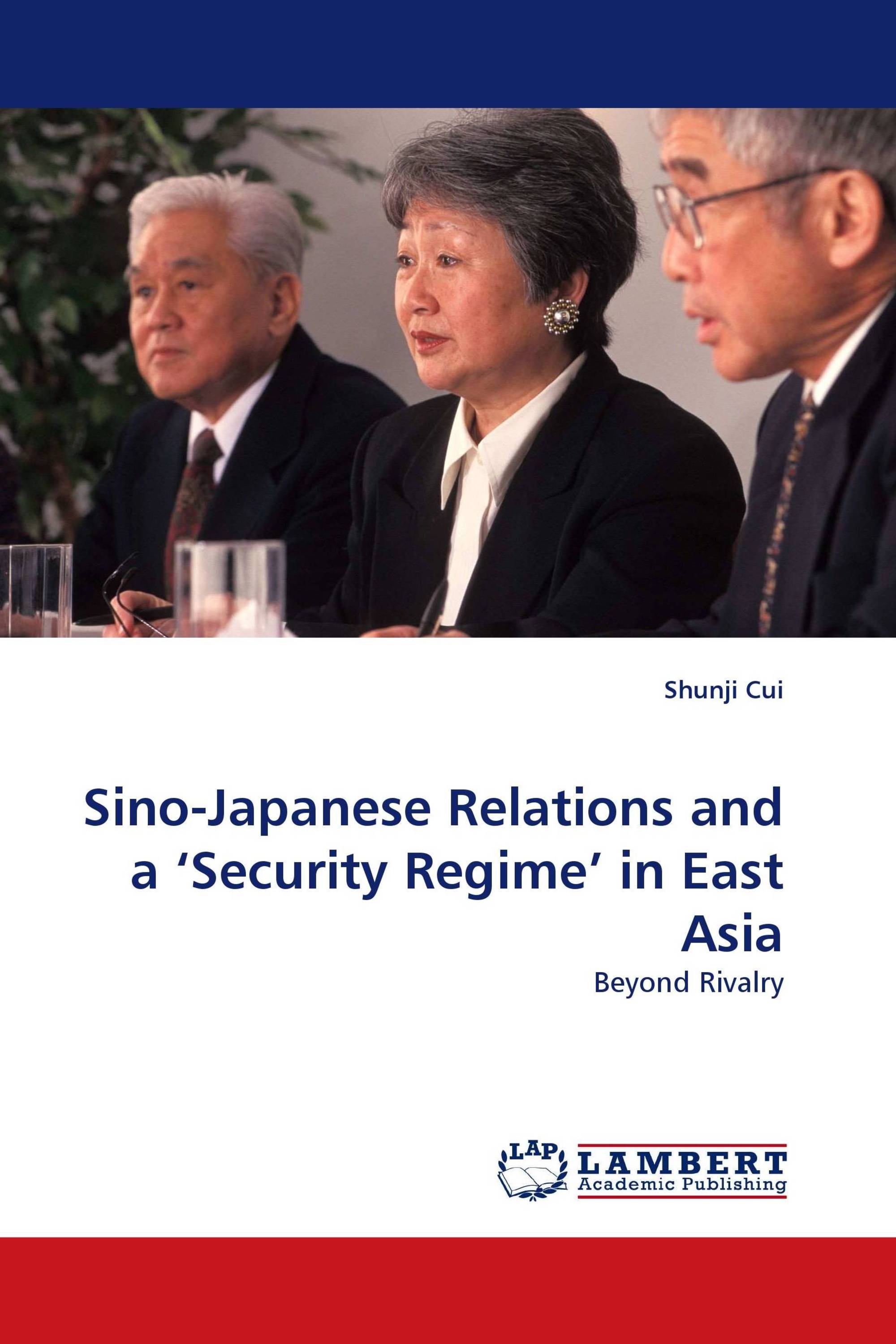This thesis investigates Sino-Japanese relations and the post-Cold War security order in East Asia. In particular, it asks whether a ‘security regime'' now exists in the region, by exploring three distinctive approaches to the possibility of structural change – Waltz and neorealism, Wendt and social constructivism, and Buzan and the English school. While not ignoring the impact of shifts in the balance of power on security practices, I also investigate ideational variables – that is the kinds of values, norms and institutions that are shared by the members of the East Asian RSC. I go on to ask why they are shared, how their identities and interests evolve over time and how these changes influence securitisation and desecuritisation practices. By examining these variables through societal, economic and military-political sectors, and locating them at domestic, regional, interregional and global levels, I conclude that, together with Southeast Asia, Northeast Asia has formed a single ‘East Asian security regime''.
Book Details: |
|
|
ISBN-13: |
978-3-8383-9178-6 |
|
ISBN-10: |
3838391780 |
|
EAN: |
9783838391786 |
|
Book language: |
English |
|
By (author) : |
Shunji Cui |
|
Number of pages: |
276 |
|
Published on: |
2010-08-06 |
|
Category: |
Comparative and international political science |
